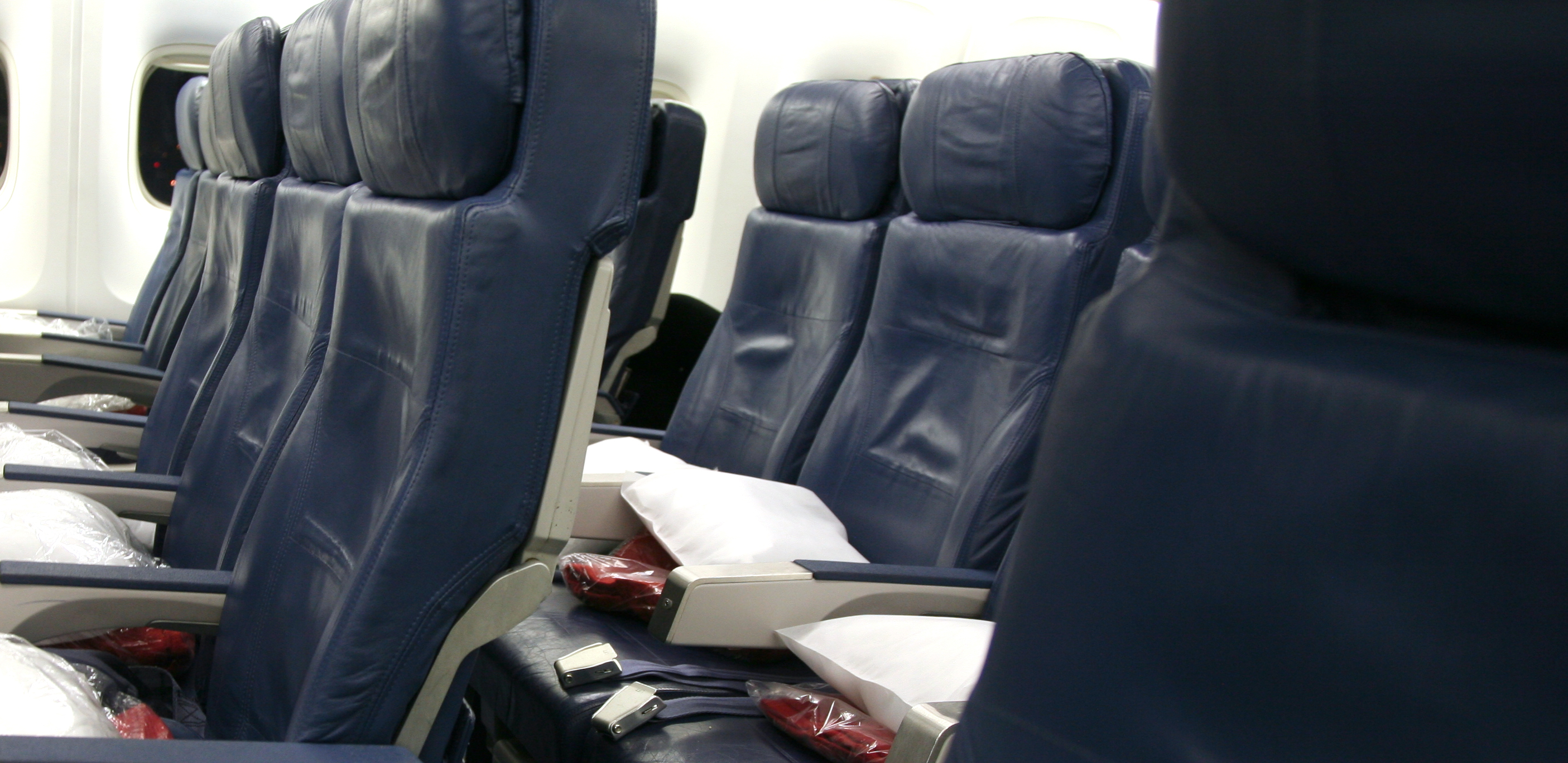Oxygen Credited as Cure for Jet Lag

Peer-reviewed journal suggests rhythmic oxygen levels helps flyers recover after long flights.
A new study suggests oxygen therapy could help travelers recover faster from jet lag after traveling across time zones. In a paper published by Cell Metabolism¸ researchers from Israel’s Weizmann Institute of Science and the University of Bristol in the United Kingdom found oxygen therapies had a response on jet lagged mice when tested in the laboratory.
Through observing the mammal circadian system – the functions in the brain that keep people on a time clock – researchers considered that the two biggest factors in resetting a personal clock were temperature and feeding. Both are connected to the consumption of oxygen, leading the research team to believe that oxygen levels could also play a major part in recovery from jet lag.
To test their theory, researchers deliberately changed the circadian clocks on mice, subjecting them to simulated jet lag conditions. Once under jet lag conditions, the mice were subjected to different oxygen levels, including a moderate reduction of oxygen in the air. Through observation, the team found that blood and tissue oxygenation worked together with the circadian clock in order to regulate daily functions.
In further tests, the mice were subjected to oscillating cycles of five to eight percent oxygen concentration, as well as a reduction of ambient oxygen levels. Under the tests, the researchers discovered that all mice responded to more oxygen during jet lag recovery, but wild mice recovered quicker when ambient oxygen was reduced in their space. Therefore, the research team is suggesting commercial aircraft builders reconsider the amount of ambient oxygen provided in the cabins, instead moving for an oscillating model.
“In the majority of modern commuters airplanes, the cabin oxygen pressure corresponds to [approximately] 16 percent oxygen and the aviation industry is investing substantial funds and efforts to improve and increase the cabin oxygen levels to 21 percent,” the paper writes. “This should be reconsidered in view of the beneficial effect of reduced oxygen levels in jet lag recovery that are reported here.”
The research complements other strategies to cut down on the effects of jet lag. In 2015, a study suggested eating a meal 14 hours ahead of breakfast at a destination could also help reduce jet lag.
[Photo: Sleeping Well]






















